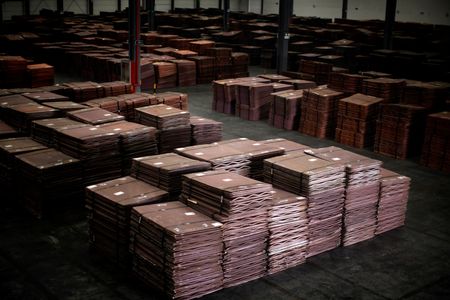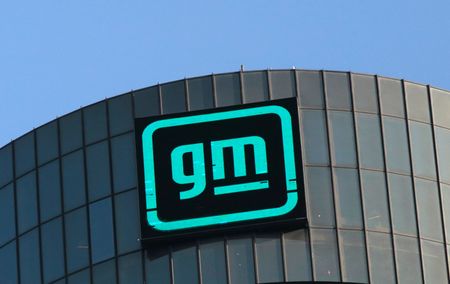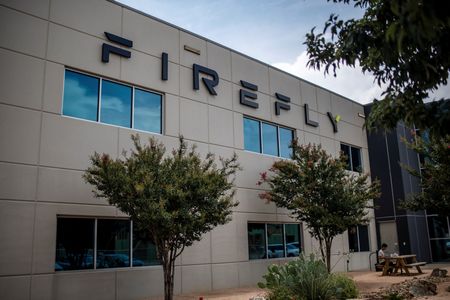By Nate Raymond, Ernest Scheyder
(Reuters) -Environmental and Indigenous groups on Thursday filed a lawsuit challenging the U.S. Interior Department’s approval of ioneer’s Rhyolite Ridge lithium mine in Nevada, the first domestic source of the battery metal to be permitted by Democratic President Joe Biden’s administration.
In a lawsuit filed in federal court in Las Vegas, groups including the Center for Biological Diversity argued the project posed an existential risk to the rare wildflower Tiehm’s buckwheat and could drive it to extinction.
They said the mine would also adversely impact groundwater, springs, wetlands, air quality, cultural resources and wildlife habitats, and would transform a remote part of rural Nevada into an industrial complex.
The groups said the Interior Department’s Bureau of Land Management (BLM) approved the mine without ensuring that it would not jeopardize the wildflower or unduly impact the environment in violation of the National Environmental Policy Act, the Federal Lands Policy and Management Act, and the Endangered Species Act.
The Interior Department declined to comment.
Australia-based ioneer said it does not expect the lawsuit to “meaningfully affect our proposed development timeline” and that it believes the project can be developed sustainably.
“We are confident that the BLM will prevail against this lawsuit,” said Chad Yeftich, ioneer’s vice president of corporate development and external affairs.
“We intend to intervene and vigorously defend the BLM’s decision, which was based on its careful and thorough permitting process.”
The critical minerals miner received approval for the mine last week following a more-than six-year review process during which regulators, ioneer and conservationists tussled over the fate of Tiehm’s buckwheat.
The permit cleared the way for development of a mine that will become a key supplier to Ford Motor and other electric-vehicle manufacturers.
It was issued amid a flurry of recent moves by Biden administration officials to support critical minerals production and offset China’s market dominance.
The permit also unlocked a $700 million loan from the U.S.
Department of Energy, as well as a $490 million equity investment from Sibanye Stillwater to fund the project.
The Interior Department said when it approved the mine that it had taken numerous steps to protect the ecosystem near the mine site, roughly 225 miles (362 km) north of Las Vegas.
The project contains enough lithium to power roughly 370,000 EVs each year.
Construction is slated to begin next year, with production commencing by 2028.
(Reporting by Nate Raymond in Boston and Ernest Scheyder in HoustonEditing by Matthew Lewis)











